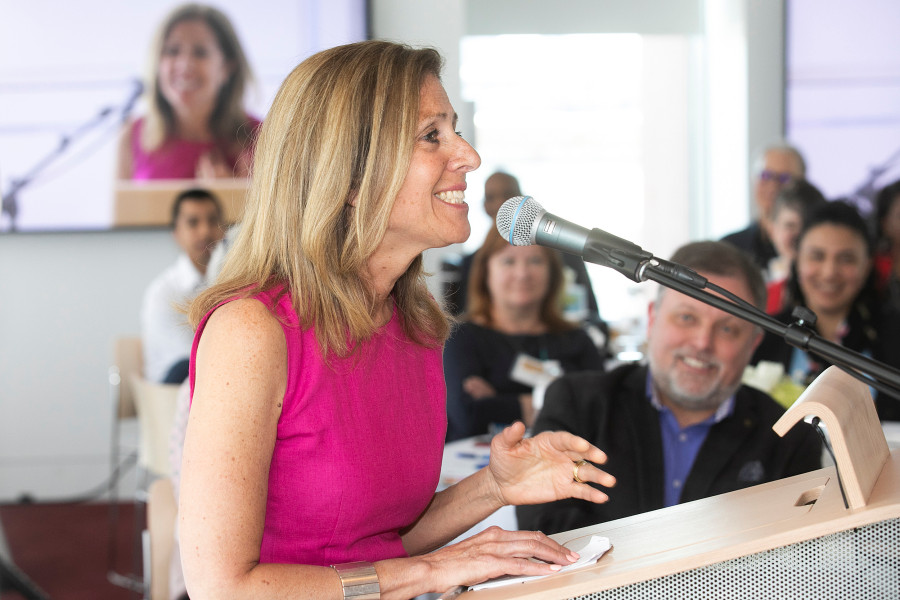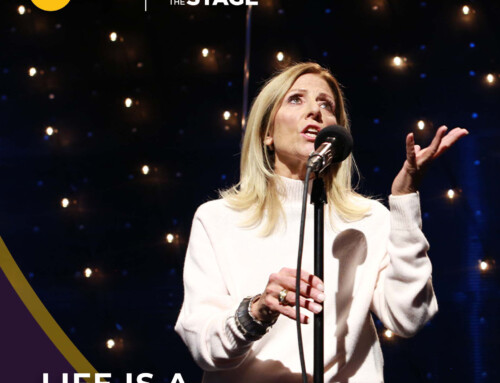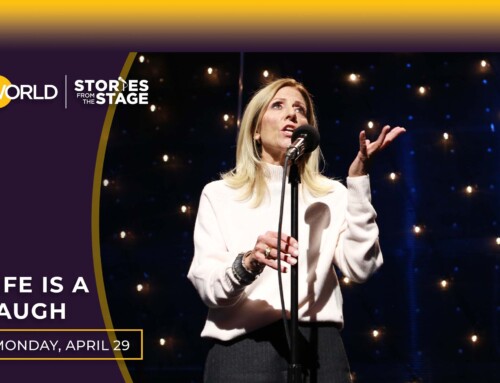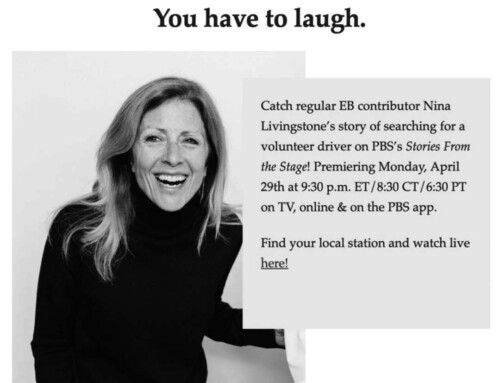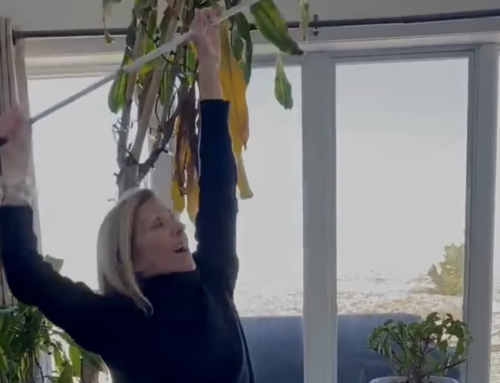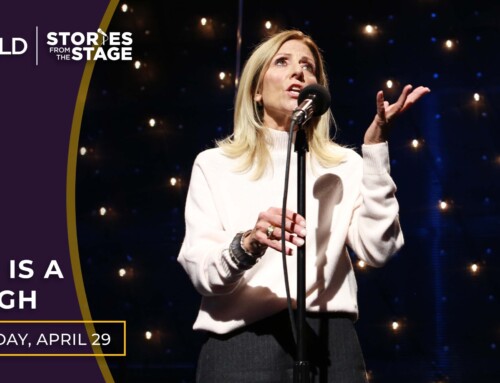Speaker 1:
Next, we have a special present presentation from Nina Livingstone. Nina is a journalist and a spoken word artist. But she also happens to be deaf and blind. She offers a unique perspective of the world through her professional work as a journalist, an award-winning public speaker, and a comedian. She does all of this despite the fact that she lost her sight in the year 2000. She brings her life on stage as a regular on NPR Moth and so I’m going to get out of the way and let her come and share in her own unique way. Nina Livingstone.
Nina Livingstone:
Thank you. Thank you. It’s been an honor to be here. I was born with… I have a little outline here, but this is good because the last time I was in a speaking engagement, I had a grocery list. I was saying kale crunch, and I was like, “Oh my gosh! Look at my notes.”
Anyway, I was born with Usher Syndrome which is a hereditary disease that causes total blindness and deafness. I was diagnosed with it at 13 years old. However, in the 60s, I was born with some moderate to severe hearing loss in both ears, and I was fitted with hearing aids in both ears in the first grade. So I relied heavily on lip reading and I had sight then and so lip reading was fabulous. And my parents arranged to have speech therapist. My brother and I had the same thing and we both saw this great speech therapist who was animated, funny and very engaging and he worked with our speech through art and craft.
So one day my mother said, “So how’s the speech therapy going?” I said, “Well, today we worked with a lot of color, a lot of paper, with a lot of glitter.” And she said, “I’m a little worried, there’s a little accent here.” And I said, “Oh, we love him. I want him, he’s great.” We proceeded with this speech therapist and I still have an accent and I’m proud of it.
There was a period when I was in college, I went to the bank. I was standing in line and I had to watch for visual cues and I could see this woman waving, so I walked up to the bank teller and she said something. I said, “I’m sorry I can’t hear you. Can you say it again? I lip read.” And she said it again. I said, “I’m sorry, can you say it again? I can’t…” So she said “You have $12.90 in your checking $7 in your savings. Do you want to withdraw?” I was horrified and I said, “It’s okay. I’m going to withdraw. Bye.”
So in the year 2000 I lost my sight and hearing completely because of the Usher’s Syndrome but also because of a condition called Meniere’s, an inner-ear disorder that causes vertigo, nausea and head noise. And because of the symptoms, I lost the rest of my remaining hearing and it was a challenging time because it happened all at once, in one day, and I was dealing with the symptoms every single day and night for a year and four months. And during that time I realized I was giving up New York Times, giving up the publications and so forth, computers, all the visual things that I was used to. And this was the time when I decided to teach myself Braille and I read To the Lighthouse by Virginia Wolfe. It took me six months to learn Braille reading this novel. I wouldn’t recommend it, in Braille.
And then after that started reading voraciously and I had someone, one of my volunteers bringing books to me and that was great. And one of the most important books at that time was reading The Diary of Anne Frank, in which she talked about a sliver of light that shone through the window in the attic. And one thing I realized, what struck me about this, towards the end of that long journey of being in bed every day and dealing with the vertigo and so forth, was that they couldn’t open their window. And realized that I could. And that I could go out there and break away from the isolation, from the darkness, from the deafness, from the feeling of claustrophobia that I had, to a whole world out there. And so moving forward, on March 1st, 2001 at 11:00, can’t forget, I had the cochlear implant surgery in one ear.
I didn’t do the other ear, I figured one thing at a time. So I had this ear and so as a result, everything opened up. This was a great and continues to be a great decade and years of technology. My first phone call, I was totally ecstatic. I called for information and it was my first time using a phone after like a year and five months or four months. I said, “I am calling to see if I can, I don’t know, maybe order a pizza or something.” And I said to the operator, I said, “I just had a cochlear implant. I’m so excited.” And she said, “I had a breast implant.” This was 20 years ago and I said, “Really?” I said, “That’s fantastic.” I said, “I’m sure you’re hearing well.” And so I say all this because for all the limitations, deafness, blindness, and we all have invisible and visible disabilities. There’s always unlimited humor and life is great.
